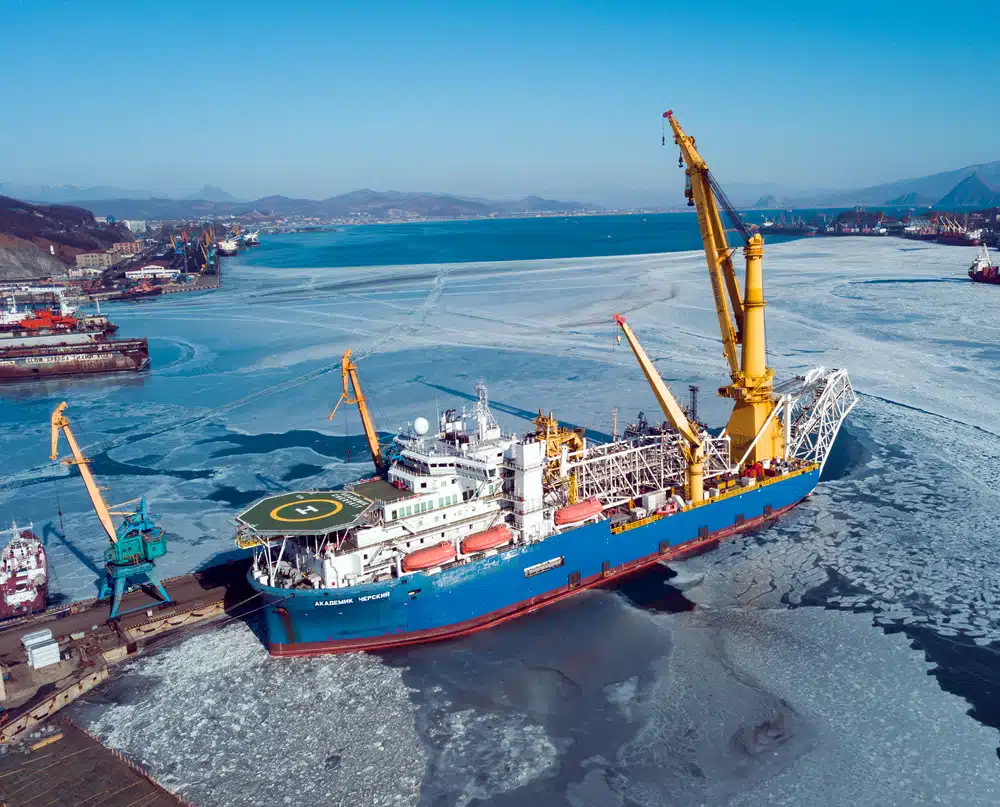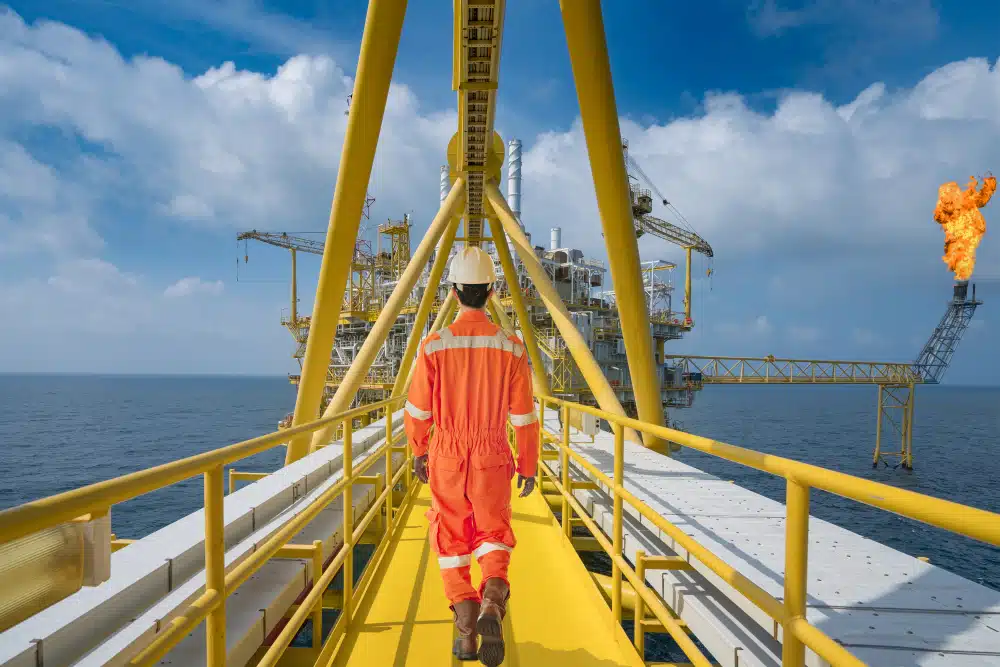

Leveraging data for informed decision-making in marine operations
Metocean analytics provide invaluable insights for marine operations, enabling contractors to make data-driven decisions and optimize their projects. Our advanced analytics platform combines historical data, real-time measurements, and predictive modeling to deliver actionable intelligence.
Streamlining operations and resource allocation in offshore environments
Logistics modules are essential tools for marine contractors to optimize their operations:
Ensuring compliance and minimizing ecological impact in marine operations
Advanced environmental monitoring systems provide crucial capabilities:
A marine contractor is a professional who specializes in the construction, repair, and maintenance of marine structures and vessels, including docks, piers, bridges, boats, and ships. They may also be involved in the installation and maintenance of marine equipment.
Marine contractors are working with or for port authorities and operators, sea shipping lines, the oil and gas industry, the renewable energy industry, civil engineering companies, local communities, state federal, and real estate developer
Technology is important in the maritime industry because it helps to improve efficiency, safety, and environmental performance. For example, advances in navigation and communication systems can help ships to avoid collisions and other accidents. In addition, technology can be used to monitor and reduce the environmental impact of shipping. Overall, the adoption of new technologies in the maritime industry can help to make shipping more sustainable and cost-effective